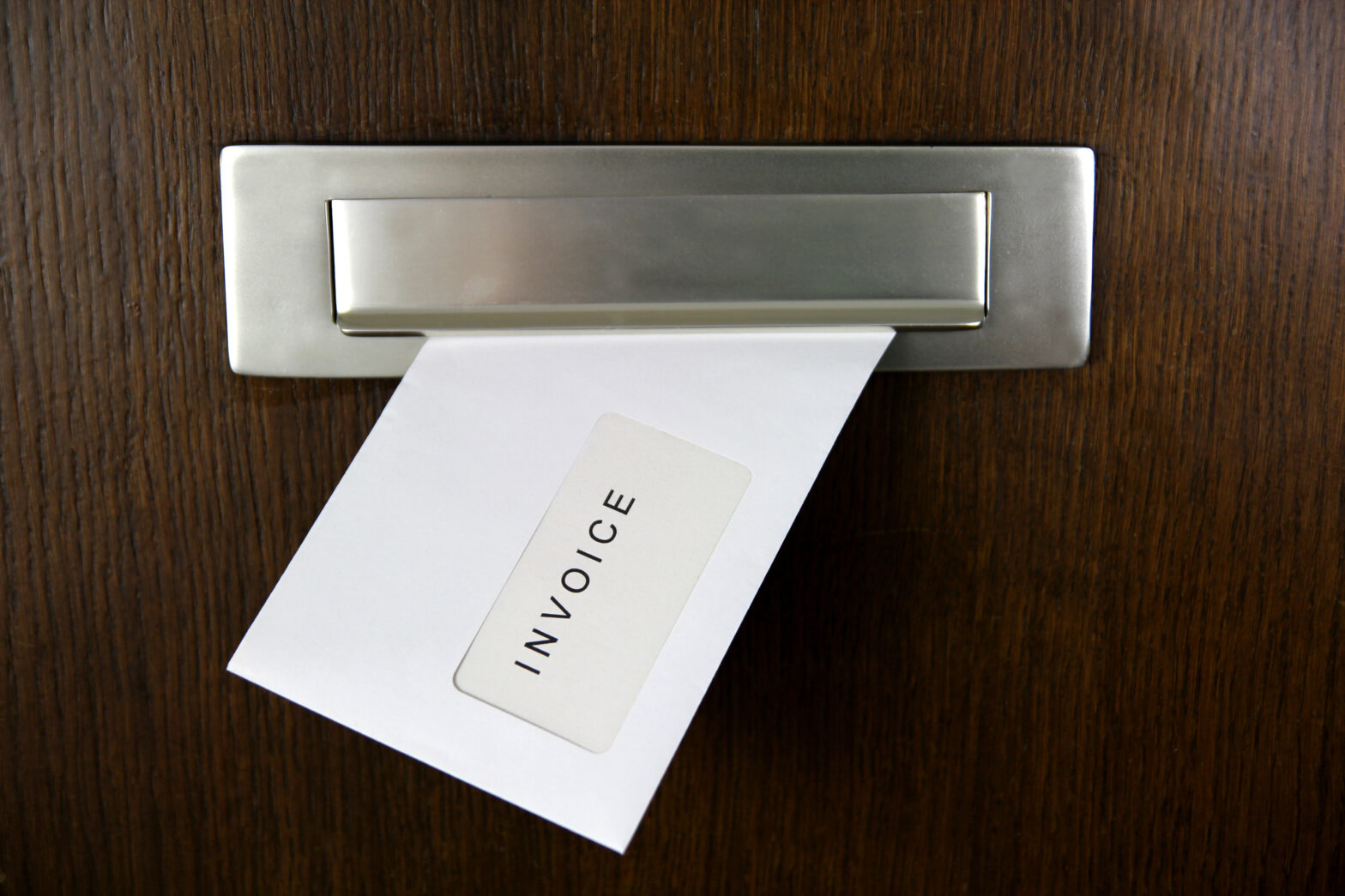Companies with up to ten staff account for 96 per cent of all firms in the UK and this slow payment culture is stifling growth amongst the UK’s most important, but also most vulnerable businesses, says accounting software company Intuit, which commissioned the research.
The reluctance to pay promptly is having a major impact on cash flow, driving them to resort to additional borrowing: 32 per cent of respondents state they have had to take on loans or credit to pay suppliers and wages, putting increasing strain on the business.
It is also causing micro-businesses across the UK to spend an average of 19 working days per year chasing invoices.
This attitude to payments is in stark contrast to business owners’ attitudes in their personal lives. Some 93 per cent of respondents claim they are happy to pay immediately as a consumer, but many do not even ask their customers to pay immediately in business.
In fact, 94 per cent of those surveyed who wait up to a month to invoice state they were happy to pay upfront as a consumer.
One issue at the heart of the problem is a dependence on the invoicing process. The research finds that only 36 per cent of micro-businesses issue e-invoices via email with many still issuing traditional paper invoices – and some waiting up until a month after completion of work to do so.
Rich Preece, UK vice president and managing director at Intuit says, ‘As any entrepreneur knows, starting and growing your own business is tough. When you’re putting out fires and jumping over hurdles on a daily basis, you don’t need the distraction of worrying about whether you’ve been paid in a timely manner for your products or services, so it’s disheartening to see the extent of the issue.
‘This wasted resource and unnecessary exposure to risk is stopping them focussing on what really matters – time with customers and growing the business.’
Matt Eagles, co-owner of Boo Boo Coffee adds, ‘Cash flow is the most important thing to the financial health of my business so I’m constantly looking for ways to get paid quicker. Invoicing can be a very time consuming process; it’s also very stressful when payments are slow or we’re too busy to get the invoice out as promptly as we would like.
‘I want to focus on delivering the best possible job for my customers, so anything that frees me up to focus on that is incredibly welcome.’
Preece adds that the situation isn’t just about late payments, it’s about expecting and facilitating payments much more quickly, and the impact this can have on the millions of very small firms across the UK.
‘There’s major potential to dramatically improve micro businesses’ cash flow and save valuable time by making it easier for their customers to pay – particularly when the vast majority are more than happy to settle up immediately themselves when dealing with small businesses.’





